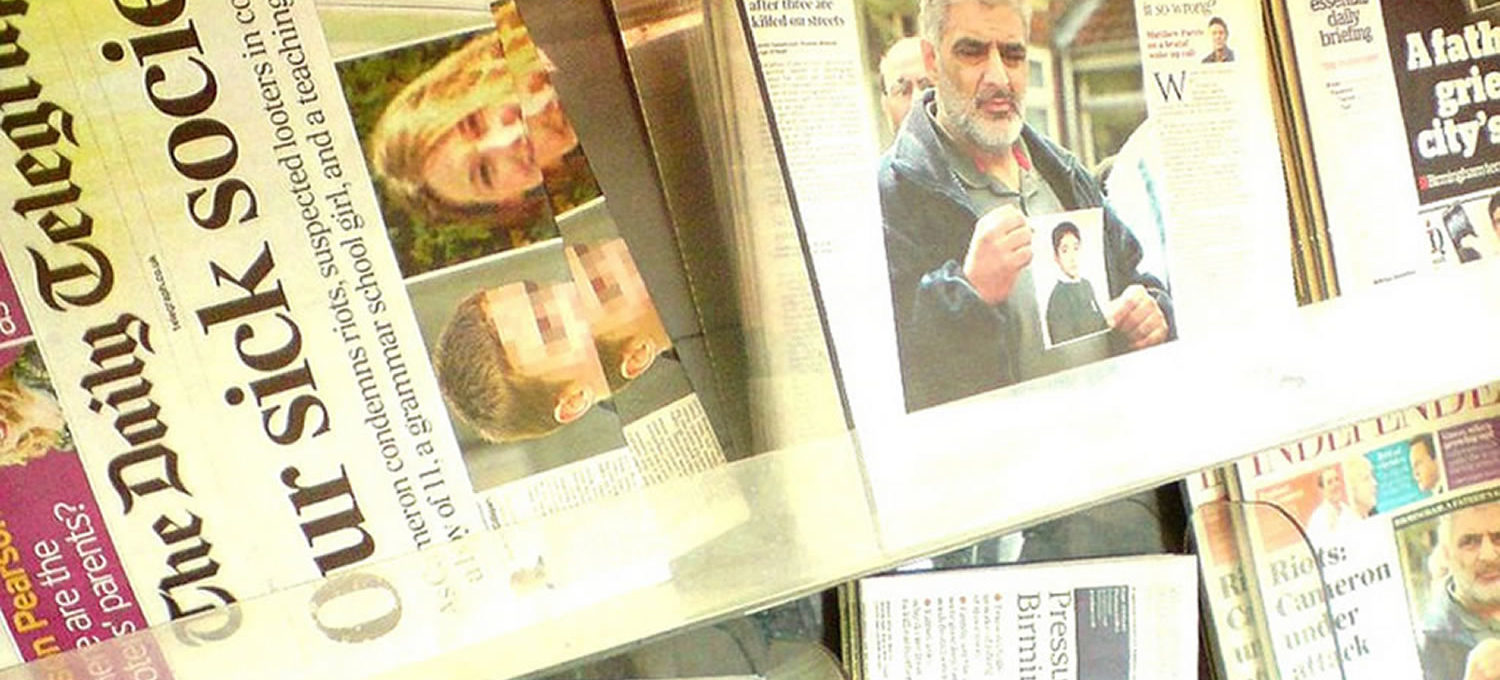We live in interesting political times around the English-speaking world, with the UK voting for Brexit, the US seeing the rise of Trump, and Australian politics offering more back-stabbing than House of Cards. Luckily, the internet is here to help keep tabs on it all.
Newspapers, news agencies, and broadcast news networks
Once upon a time, everyone got their news from a printed newspaper. Radio and television then came along and disrupted matters, but the internet is redefining how we interact with content of all types – and newspapers, news agencies, and broadcast news networks are now all in the same game of producing, text, audio, and video.
Most people only look at one or two news sources to keep them informed, but anyone who has taken even the briefest glance at the Daily Mail or Fox News should can see that not all news sources are designed to inform – and this is especially true with politics coverage.
Public broadcasters tend to provide generally well balanced coverage, so if you are only going to pick one source of news then your best option may be to stick with BBC News (UK), PBS Newshour (US), and ABC News (AU).
As they are often co-owned by a number of newspapers and broadcasters than span the political spectrum, news agencies also offer a balanced perspective and focus on real news rather than opinion – so Reuters, the Associated Press, and AFP are also always worth checking out.
Tabloids were always about opinion, but the fight for eyeballs online has also pushed the broadsheets away from news reporting and towards fulfilling a narrative. Newspapers like the Guardian and the Telegraph still do have some great reporters and uncover major scoops, but they are increasingly pulling away from the centre ground leaving only the Financial Times and the Economist still providing balance in our increasingly polarised world. They both also offer some of the best news and politics podcasts around, for those who like to stay informed during their ride to and form work.
Social media and the digital echo chamber
Social media lets us interact with the world at the touch of a button, but rather than opening our horizons to a world of different opinions, we tend to follow/like people with similar opinions to ourselves, making political discussions more about reinforcing the views we already had than discovering the other side of the coin.
Online communities like Reddit can host some of the worst echo chambers online, but there are some subreddits like Change My View that aims to get people talking across political and social divides.
News trends
Each news website offers a list of their most read stories, which offers a little insight into what people are interested about on any particular day – but Google offers a much wider view of people’s interests by tracking search and news trends.
Google’s autocomplete feature has got it into some hot water in the past for “filtering”, but typing in a politician’s name can offer a glimpse into what the public is asking about them. Many of the auto-suggestions for typing “Is Malcolm Turnbull…” will be about their leaning, voting record, and conspiratorial links with the illuminati, but there may also be other interesting stories to uncover – such discussions about pig heads or lettuce.
Asking other more general national questions such as “will Australia…” can also add some insight into the zeitgeist, as the auto-suggest will provide information on people’s biggest concerns about the country right now. Currently, these concerns appears to be about Brexit, the value of the US dollar, and whether Australia will be in the Eurovision song contest.
Aggregators
If all of the sources above are not enough to scratch that politics itch, then the first place to look for more sources are the news aggregators. Google News is the obvious first port of call, but there is also Bing News, Newsnow, or even our own sister site the Descrier.
Photograph by John S

